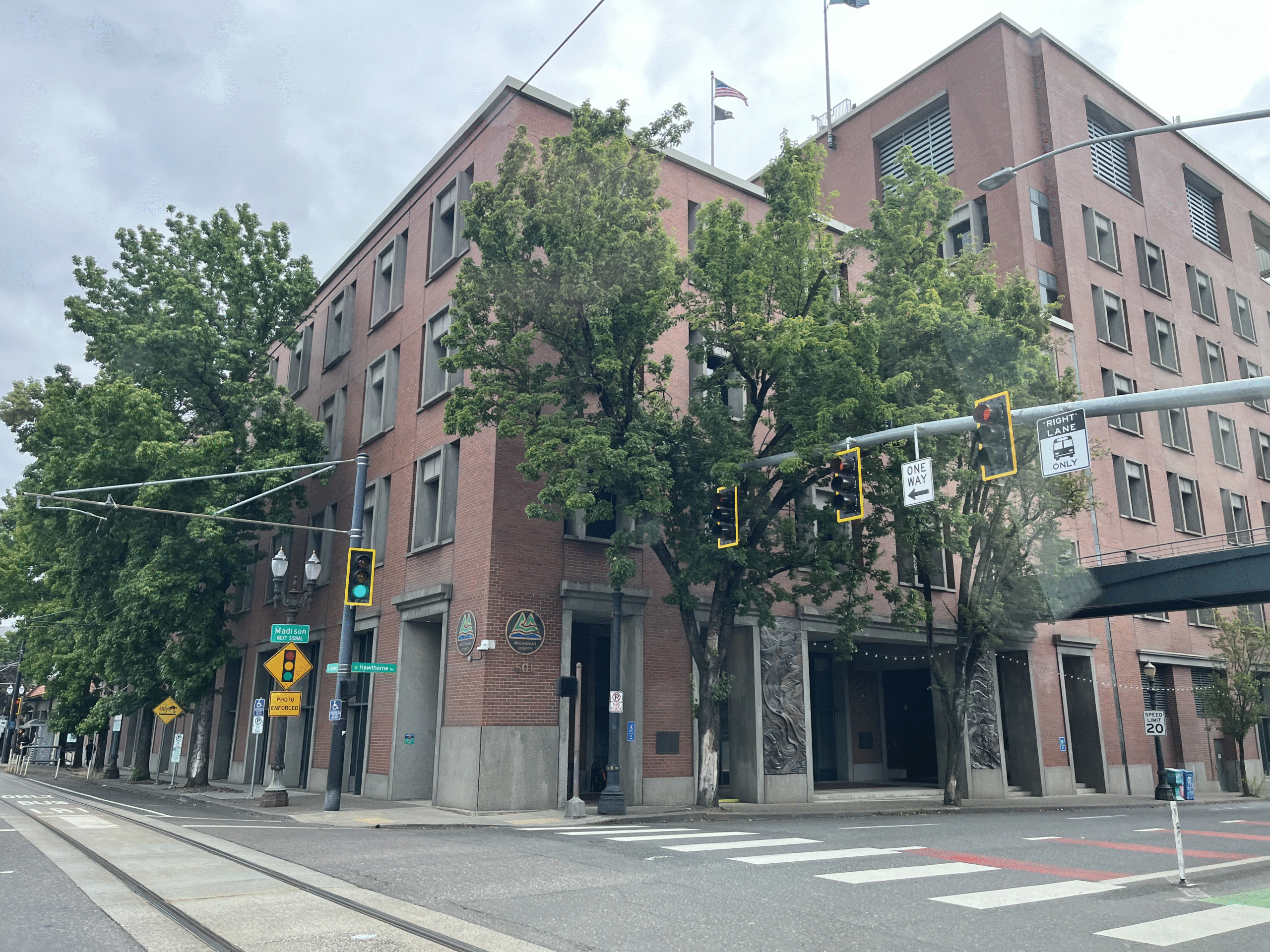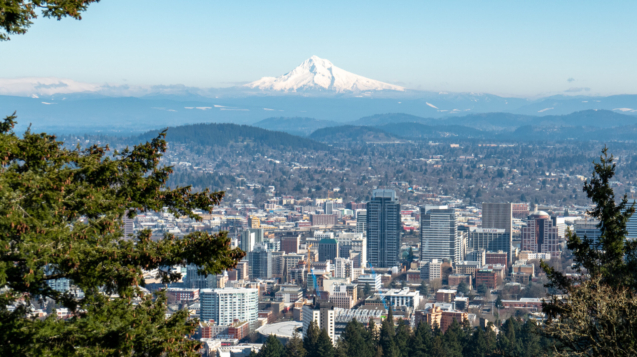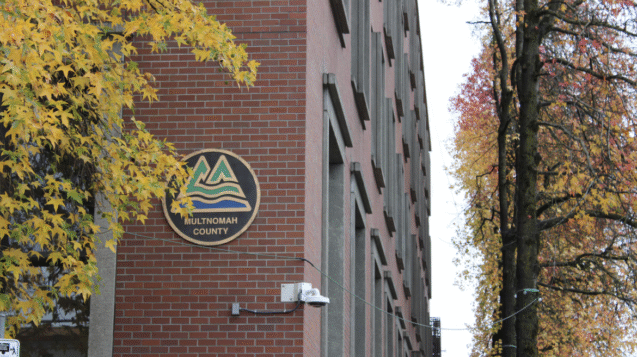Department function is directly tied to the background, expertise and experience of directors. Currently, too many directors do not have a background
Multnomah County 101
Over the years, I’ve observed many different reactions when I’ve told people I was a Multnomah County Commissioner. Most often, they’ve smiled and nodded and tried to look interested as their eyes glazed over. I could sense that they had no idea what the County was or did, nor did they care. But they also appeared slightly uncomfortable – like maybe they should know and should care.
For anyone who worries about homelessness, mental health and addiction, ageing and disability, domestic violence, Veterans, public health, ambulance response, or public safety, it is crucial to know and care about Multnomah County. It is probably the most important branch of local government to address the most pressing issues facing our region.
Local government in the Portland metro region is bizarre. Not only do we have the City of Portland and Multnomah County, but a third vague and lurking government – Metro. I will focus mainly on the County, but there are so many exceptions and redundancies involving the roles and responsibilities of the different governments that I will necessarily touch on the other forms of government.
In brief, the City of Portland is largely about public safety, business development, and infrastructure: Keeping the city clean, fixing potholes, ensuring our drinking water is safe, responding to fires and crime, and building.
The County is what I think of as the heart and soul of local government. The County oversees health-related services (mental health, addiction, public health, emergency medical services, ambulances) and human services (ageing and disability, domestic violence, Veterans, immigrants and refugees). The County is the Local Mental Health Authority – statutorily responsible for ensuring that an effective, holistic and accessible continuum of care is available for everyone in the County needing mental health or addiction services.

What gets confusing is the fact that the County is responsible for several services related to public safety – including parole, probation and corrections health – while also being responsible for the budgets of the County’s independently elected District Attorney and Sheriff (including jails).
The County houses Emergency Medical Services (responsible for ambulance response), but the director of that division is also the director of Emergency Dispatch and Fire and Rescue – both housed at the City – while his contract is administered at the County.
Metro is responsible for administration, oversight, and accountability for Multnomah County’s use of $1 billion in Supportive Housing Services funds (the majority of the County’s homeless services budget). Metro is also responsible for hazardous waste disposal and sharps, which factor into the County’s authority over addiction services and public health, and the City’s responsibility for trash removal.
And consider the following: The County has a potpourri of other very important responsibilities, including Elections, Animal Services, Bridges, Land Use and Transportation in unincorporated areas of the County, and Libraries.
If you’re feeling a bit confused, don’t worry – that is an entirely appropriate reaction. You just need to remember one thing – if you care about solving homelessness, addressing our addiction and mental health crises, resolving issues around jails or public health, then you need to understand Multnomah County! And that is precisely what I intend to help you to do.
The Structure of County Government – In many Ways a Rigged Game
In my first post, I explained what Multnomah County does and why it’s the most important government you’ve never heard of when it comes to the biggest

